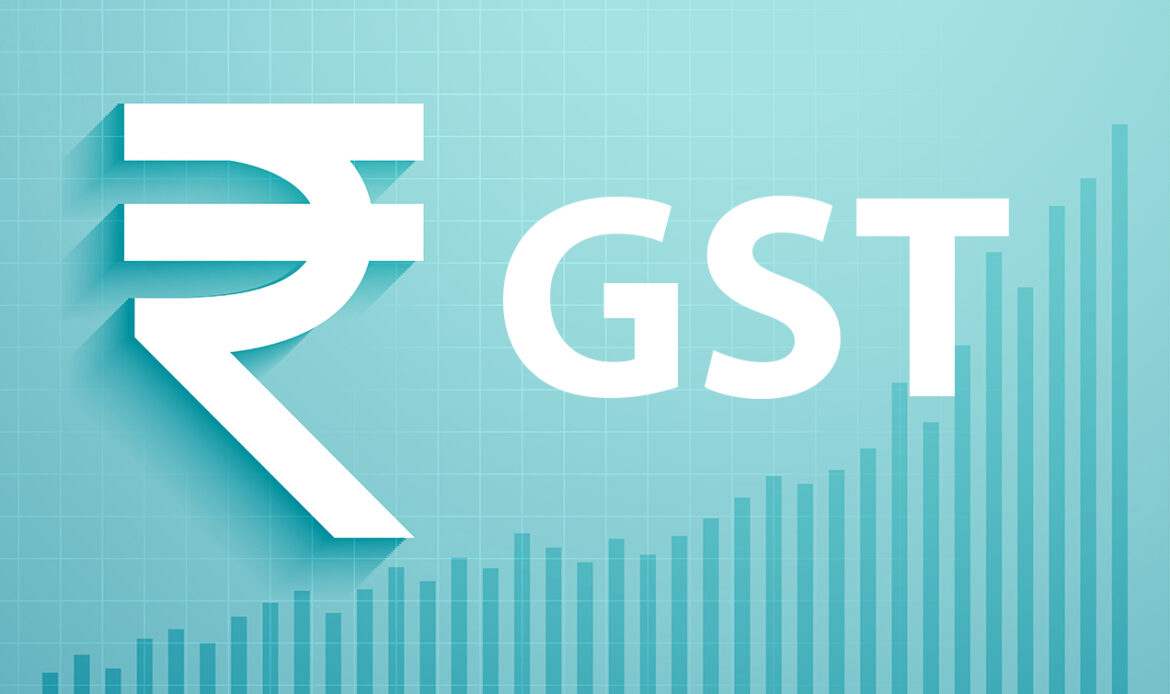In today’s fast-moving SaaS ecosystem, founders often focus on scaling users and ARR (Annual Recurring Revenue), but investors now look just as hard at tax and compliance hygiene during due diligence.
One common and critical red flag that stalls funding rounds: absence of valid GST-compliant invoices.
This blog explains why GST compliance is crucial for SaaS start-ups, how it impacts valuation and funding, and what founders must fix before facing investors in 2025.
Legal Reference
- Goods and Services Tax Act, 2017
- Section 31: Mandates issuance of invoices for taxable supplies.
- Rule 46 of CGST Rules: Specifies the details required in a tax invoice.
- Investors are now requiring start-ups to submit GST returns, invoice samples, and reconciliations during financial due diligence.
Why “No GST Invoice” is a Deal Breaker
- Revenue Recognition Problems
Without GST invoices, your topline revenue shown in internal MIS reports may not match tax returns. This weakens your credibility.
- Potential Tax Liability
GST authorities can demand tax on services supplied even if no invoice was raised. Interest and penalties under Section 73 or Section 74 could apply.
- Hidden Risk for Acquirers/Investors
If a start-up is acquired or funded, tax dues from the past can follow the new owners (under successor liability clauses).
- Lower Valuation Multiples
Non-compliance triggers discounts during valuation discussions, or demands for indemnities, holdbacks, or escrow arrangements.
Common GST Mistakes by SaaS Start-ups
- Raising proforma invoices instead of tax invoices
- Collecting payments without issuing GST invoices
- Non-registration under GST even after crossing ₹20 lakh/₹40 lakh threshold
- Incorrect place-of-supply tagging for export of services (especially for global SaaS)
- Missing HSN/SAC codes or GSTIN on invoices
Practical Steps for Start-ups
- Register for GST immediately if annual revenue crosses the limit (₹20 lakh in services for most states).
- Issue GST-compliant invoices for every sale, including international subscriptions.
- Mention GSTIN, SAC code, invoice number, and place of supply properly.
- File GSTR-1 and GSTR-3B timely every month or quarter.
- Reconcile accounting books with GSTR-1 before financial due diligence.
- For SaaS exports: File LUT (Letter of Undertaking) to avoid IGST payment, and document exports properly.
- Audit contracts and billing platforms to ensure they auto-generate compliant invoices.
Example of a Simple GST-Compliant SaaS Invoice
| Field | Example Entry |
|---|---|
| Invoice Number | SaaS/2025/001 |
| Invoice Date | 01-05-2025 |
| Supplier GSTIN | 09ABCDE1234F1Z1 |
| Buyer Details | Name, Address, GSTIN (if B2B) |
| Service Description | Cloud-Based CRM Subscription |
| SAC Code | 9983 |
| Taxable Value | ₹1,00,000 |
| IGST | ₹18,000 (for export) |
| Total Invoice Value | ₹1,18,000 |
Conclusion
For SaaS start-ups planning Series A, Series B, or acquisition, GST compliance is no longer optional. Without GST-compliant invoices and proper filings, you not only risk tax liabilities but also risk losing investor trust. A clean GST trail significantly boosts investor confidence and valuation.
Call to Action and Disclaimer
Facing a funding round and need a quick GST compliance health check?
Schedule a meeting with our Chartered Accountant, Anshul Goyal, by visiting:
Disclaimer: I am Anshul Goyal, a Chartered Accountant licensed with ICAI, India. This blog is meant for informational purposes only and should not substitute professional advice.
Frequently Asked Questions
1. Is GST mandatory for SaaS companies selling internationally?
Yes, GST registration is mandatory once turnover crosses the basic threshold. You can then export services under LUT without paying IGST.
2. Can I issue invoices without GSTIN if I am below ₹20 lakh revenue?
Yes, but once you cross ₹20 lakh (or ₹10 lakh for special category states), GST registration becomes mandatory.
3. How does GST non-compliance affect funding?
It creates legal and financial risks for investors, leading to reduced valuations or funding delays.
4. What if I collected money but did not raise a GST invoice?
You are still liable to pay GST and may face penalties and interest.
5. Can SaaS startups claim input GST on expenses?
Yes, once registered, you can claim input GST credit on eligible business expenses.


